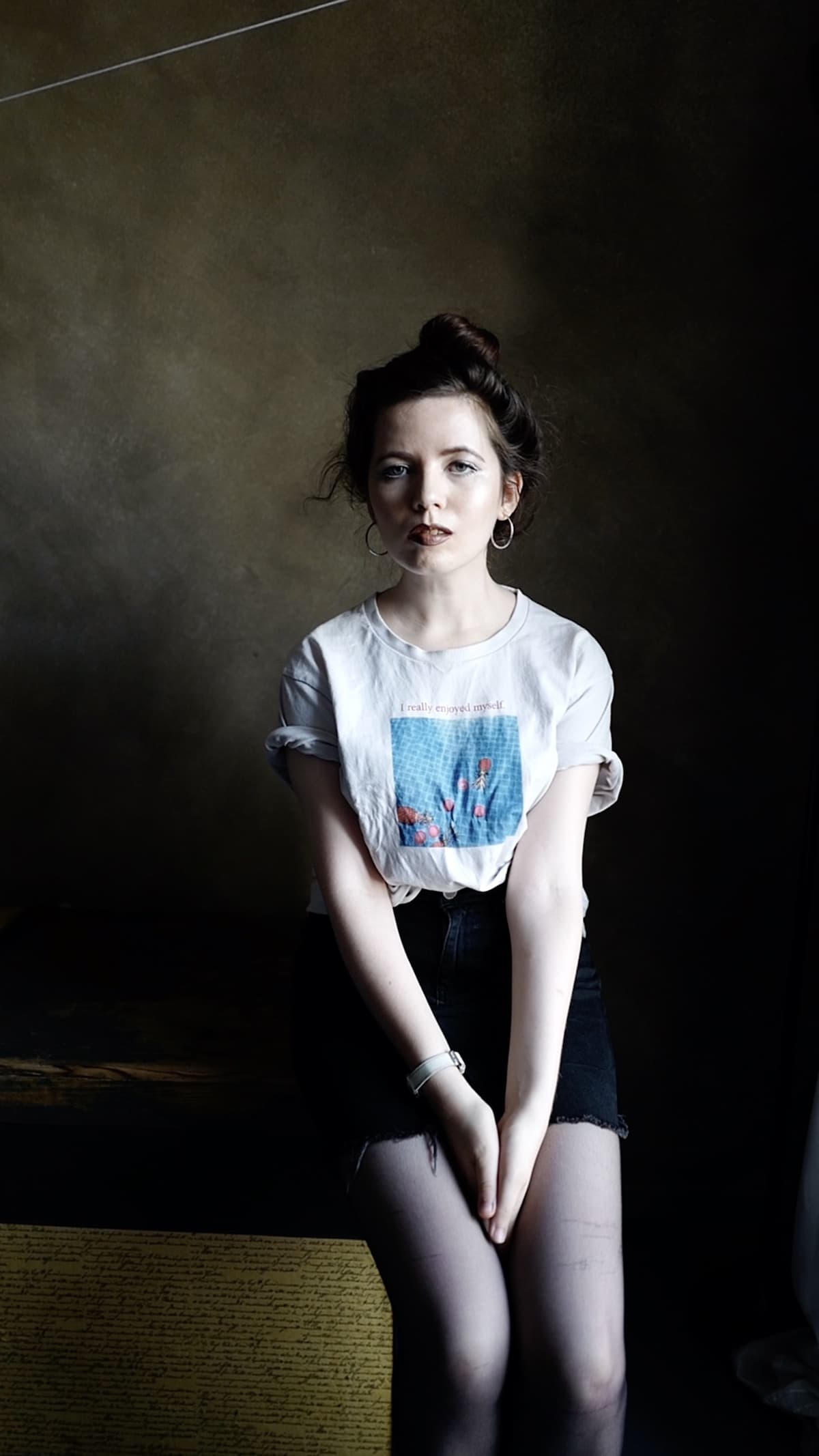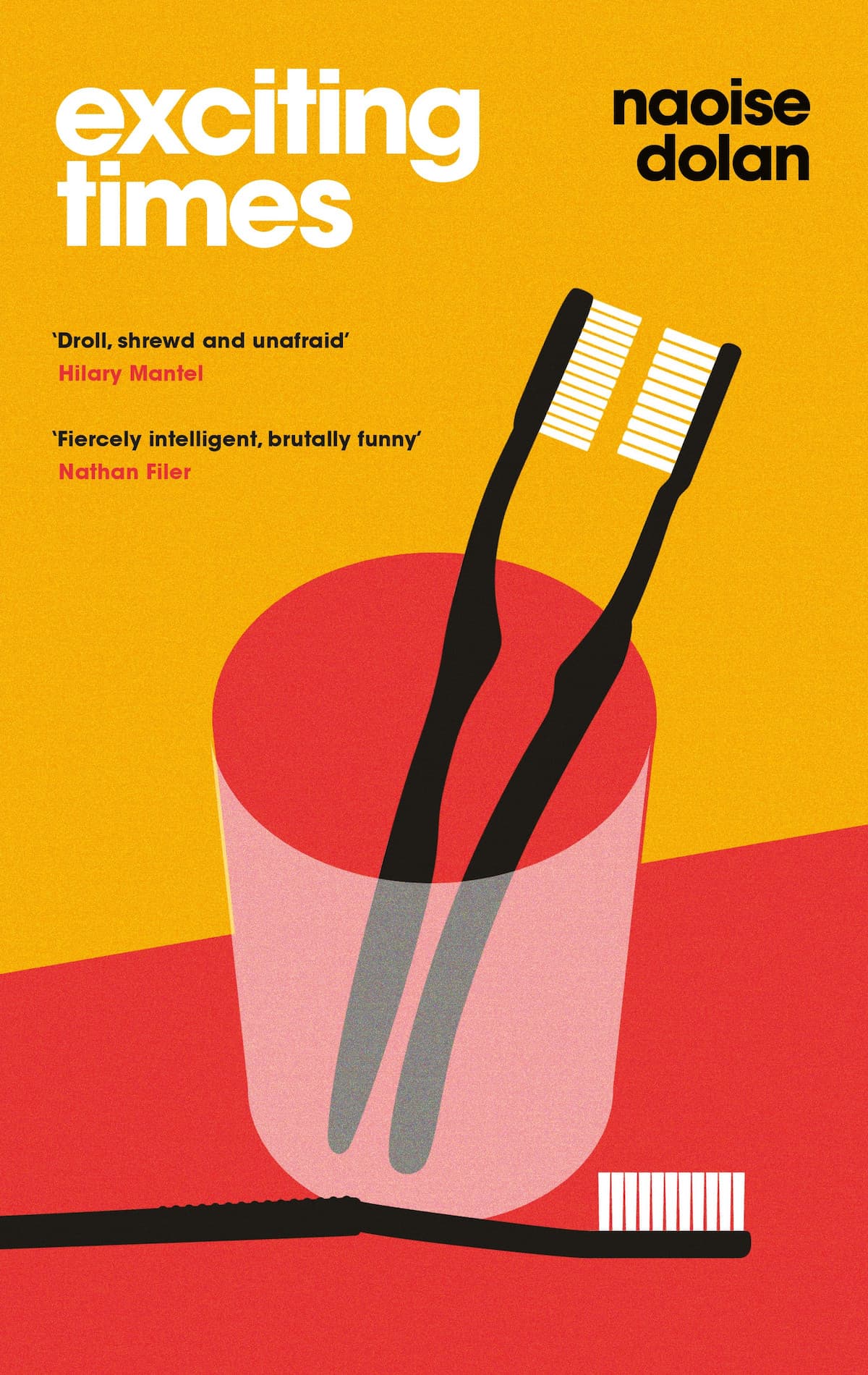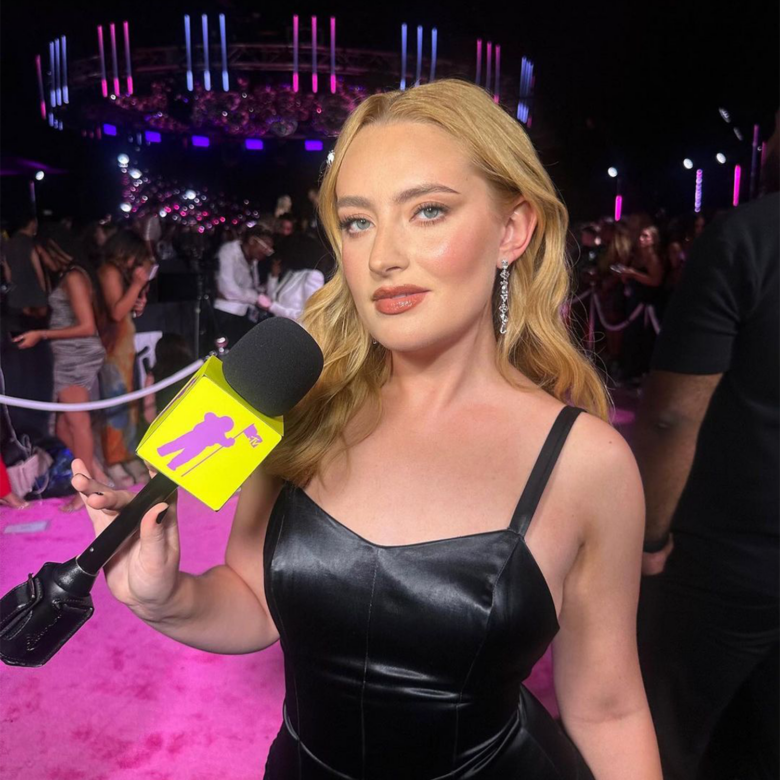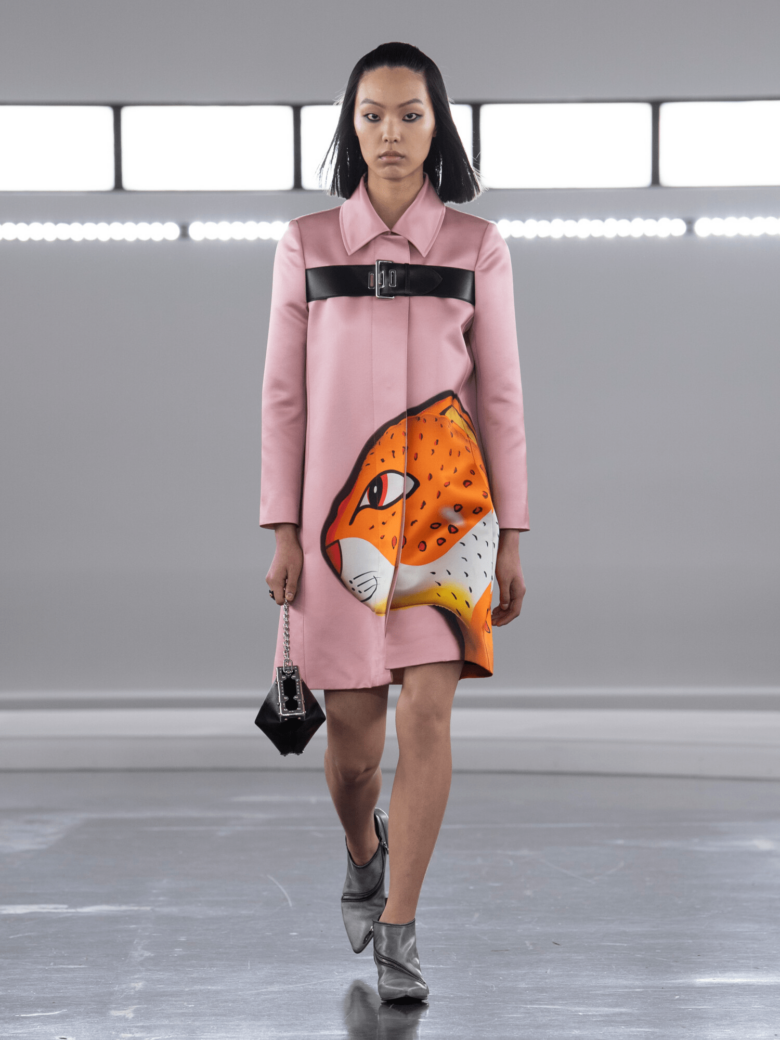Naoise Dolan is so much more than “the next Sally Rooney”
Subject to a seven-way bidding war, Naoise Dolan’s Exciting Times was never going to be just any debut novel. With caustic wit, ruthless character observation and an unusual candour about class, money and queerness, it captures the messy reality of your early twenties — an age where everyone around you seems to be fed their lines by teleprompter whilst you’re still struggling to improvise.
The novel follows Irish 22-year-old Ava as she moves to Hong Kong to teach English to wealthy children and then falls into relationships with English banker Julian and Hongkonger lawyer Edith. Rejuvenating the time-old love triangle scenario with wry prose, it’s proved a hit: landing on the Sunday Times Bestseller List a week after its debut.
To celebrate Exciting Times’ success, we caught up with Naoise to chat about queer relationships, Irish identity and what it feels like for the media to dub her “the next Sally Rooney”.
How much do you write from personal experience?
Let’s put it this way, my personal life makes Exciting Times look like a thriller. I’d never get a novel out of venting about my early twenties. Like a dignified person, I used Twitter for that.
What are your thoughts on the Sally Rooney comparisons?
I guess most debut authors are reviewed and discussed by comparing them to other authors. It isn’t always so intensely focused on one particular comparison, but that’s maybe a reflection of how well Sally’s done. Like any author, I want to be read on my own terms; but like any debut author, I know people are just trying to draw readers into my work in any way they can.

The Guardian categorised Exciting Times as being about “modern female self-loathing” – is that fair?
The narrator does like to call herself a bad person before anyone else can. It’s frustrating to witness because it masquerades as accountability—‘Let me be clear, here are all the ways I’m bad’—but it actually lets Ava set the terms for that accountability. So her self-loathing is ultimately self-serving, which makes it an infuriating character flaw. But you can find a trait annoying and still want to examine it. I love unreliable narrators, mostly because I don’t think there’s really such thing as a reliable one. I find it patronising when authors constantly signpost that their narrator is saying one thing and meaning another; I didn’t want to talk down to readers, so I trusted them in how I wrote Ava.
You’re being classified as being part of a new wave of Irish writers exploring contemporary Irish identity. Exciting Times is set in Hong Kong – does it still explore Irishness?
The first-person narrator, Ava, is Irish; so everything is an exploration of Irishness. There’s no neutral perspective, especially if it’s a white westerner describing an Asian country. More trivially, Exciting Times explores Irishness through mocking the English characters. It really is our national sport.
Contrastingly, Ava’s male love interest Julian is a particularly well-observed representative of England’s white upper class. What informed the process of writing his character?
I think a lot of Julian came from books. Nineteenth-century novels were most of what I read until college. That’s a lot of bourgeois white English writing to take in, so maybe Julian’s character allowed me to question why I can luxuriate so much in that voice when I disagree so viscerally with its politics. I think a lot of my experiences went into him, too. I’ve often felt that I end up just slotting into the roles and behaviours that are expected of me. Julian is a kind of a Waugh-meets-Amis stereotype in some ways, but I don’t think he commits to it with his whole chest, because it’s just the default persona for him.
What strikes me is that a large theme within the novel is the English language itself, especially given that the characters often have such poor communication. Could you talk a bit more about this tension?
Ava teaches grammar to children, but I think she’s less baffled by academic discussions of language than by what it’s actually doing. She finds textbooks pretty easy to understand, but she struggles to read between the lines and work out people’s real intentions. I don’t think it’s a coincidence that she forms the most intense bonds with characters who are relatively direct in how they express themselves. At the same time, Ava herself is almost pathologically resistant to overtly stating how she’s feeling or what she wants. She wants others to open up to her, but she’s not ready for that channel to go both ways.

It seems like the love triangle between Ava, Julian and Edith can tell us a bit about the differences between queer and cis-het relationships – right?
Cis-het relationships are something you can easily slot into, and queer ones aren’t. You don’t have to do much, as a woman, to picture yourself with a man or to be praised and supported for entering a relationship with one. There’s a whole script that Ava and Julian can follow, even though neither of them has much overt burning desire to be with the other. It’s so aligned with their gender roles that they can just fall together. But Ava and Edith don’t have that screenplay. There is no clear way for either of them to signal their interest that isn’t either indistinguishable from friendship or laced with the potential of seeming predatory. Everyone reads Ava and Julian as a couple, regardless of whether they see themselves that way; but no-one does that to Ava and Edith. They have to internally decide they’re a couple, in the knowledge that they can be out to some people but they won’t find universal acceptance.
Because of its LGBT+ characters, your own queer identity has become a focus of a lot of the media coverage of the novel. But when doing publicity for the book, you’ve also been outspoken about your autism diagnosis. Has the public response been positive?
Yes, very much so! Ableism is everywhere, but you face it whether or not you’re openly autistic. There will always be people who don’t want to change or do better, but that’s their problem. And it makes a difference for autistics ourselves! It’s not the place of anyone who’s not autistic to tell me this, but I feel a responsibility to be visible. White middle-class autistics take up a lot of space in forums already dedicated to disability, so I try not to crowd out other voices there. But I do think that relatively privileged autistics can and should bring autism into spaces where it’s not normally discussed, even if it’s with the caveat that we can only speak for ourselves.
More broadly, how have you been adjusting to the media attention from being a best-selling author?
With a degree of bemusement, if I’m honest! It takes me a long time to form opinions on things that are directly happening to me. Whenever there’s a big change in my life and people ask how I feel about it, I’m just like, ‘I don’t know, I’ll get back to you in a year’.
For the people that have enjoyed Exciting Times and want to read more – are you working on any new writing at the moment?
Yes! I have a draft of book two that I’d been hoping to polish, but it’s sad and I want to be happy, so now I’ve begun a third novel. I’ll see how it all pans out.
Exciting Times is out now.

